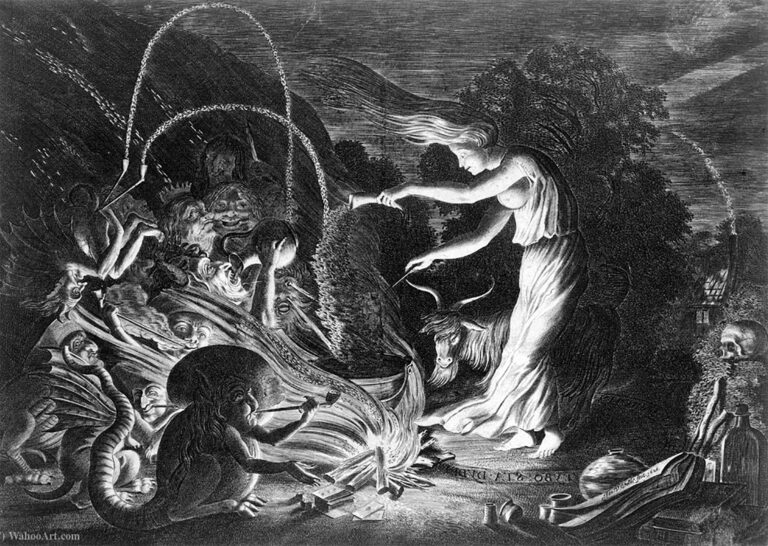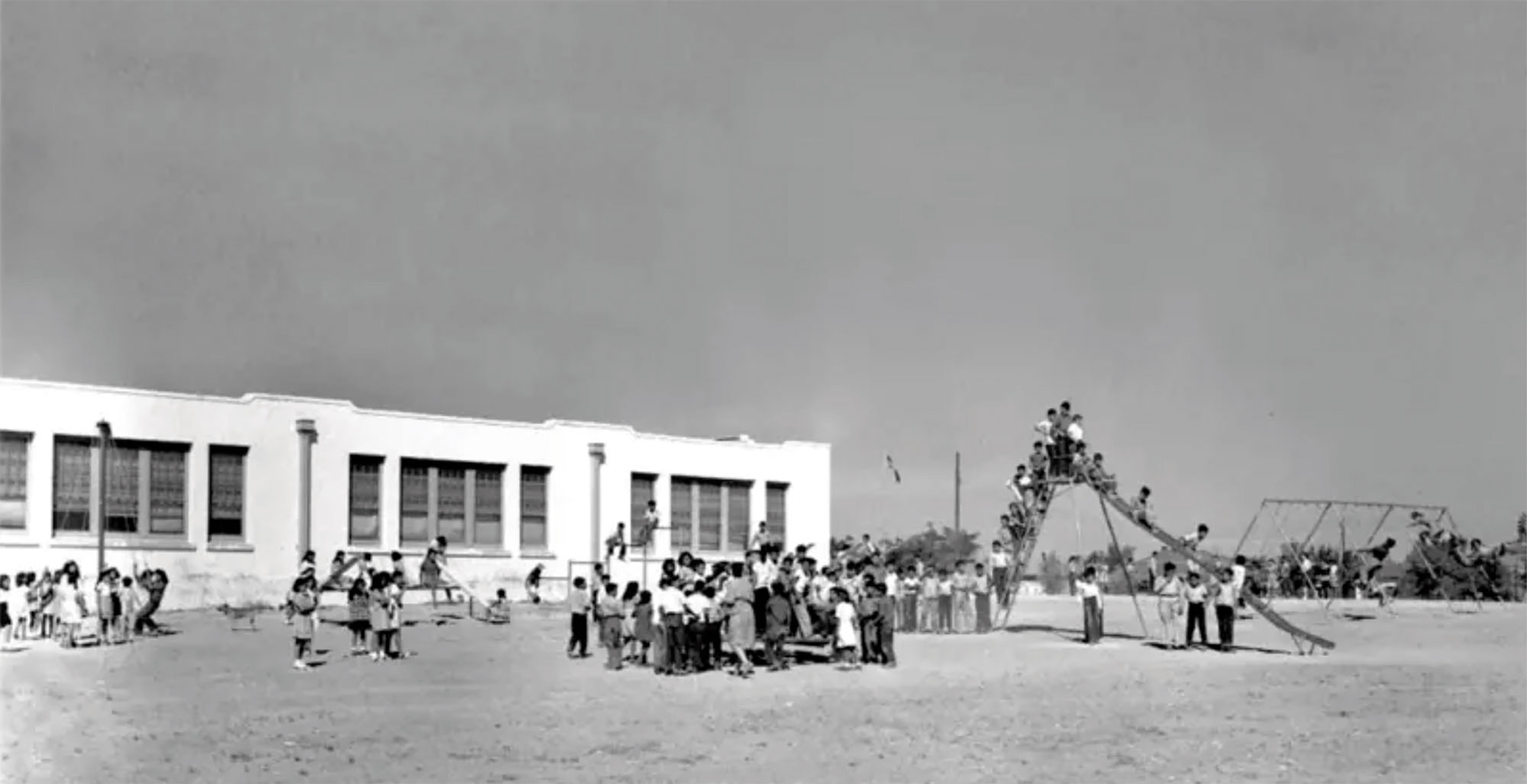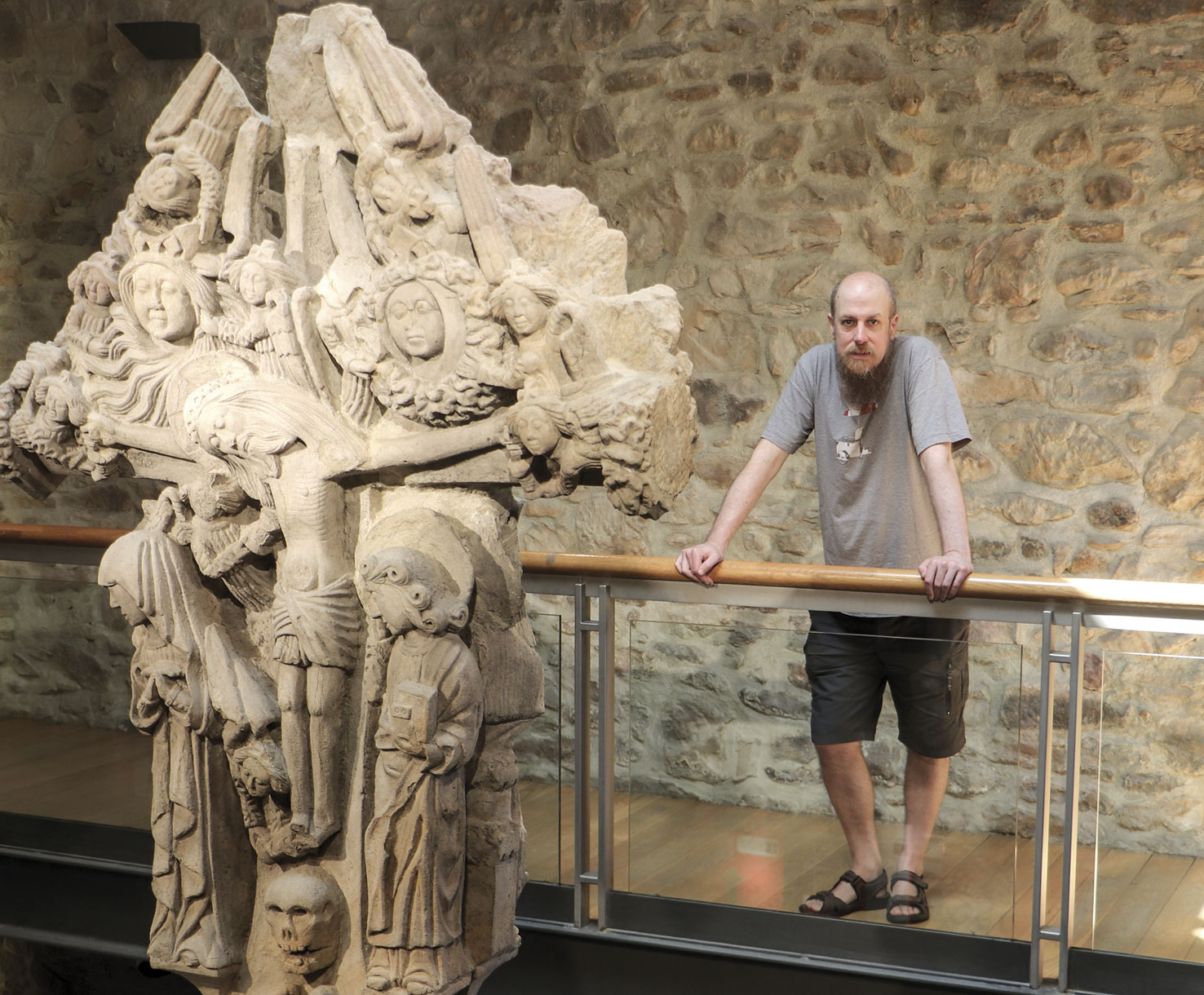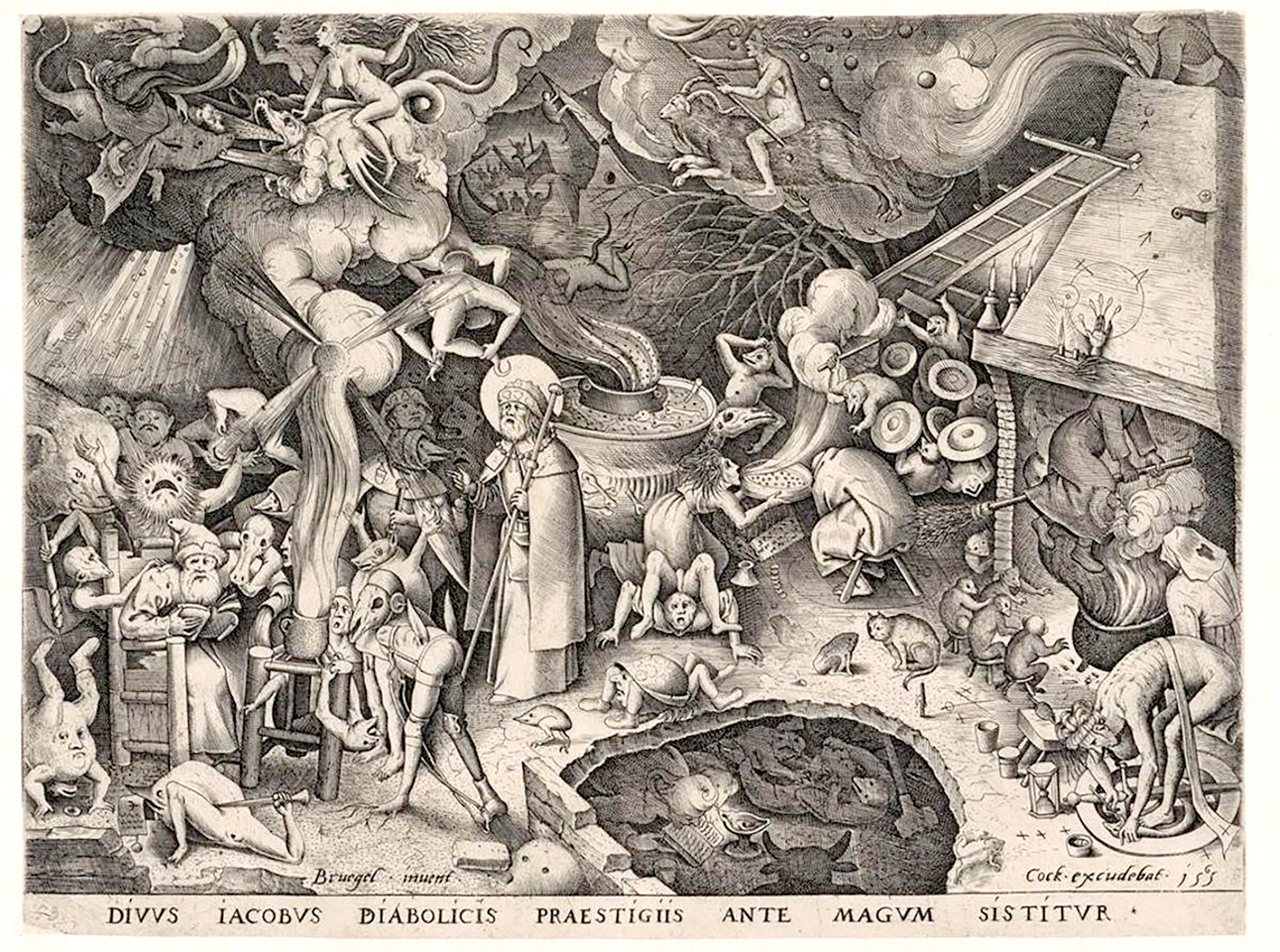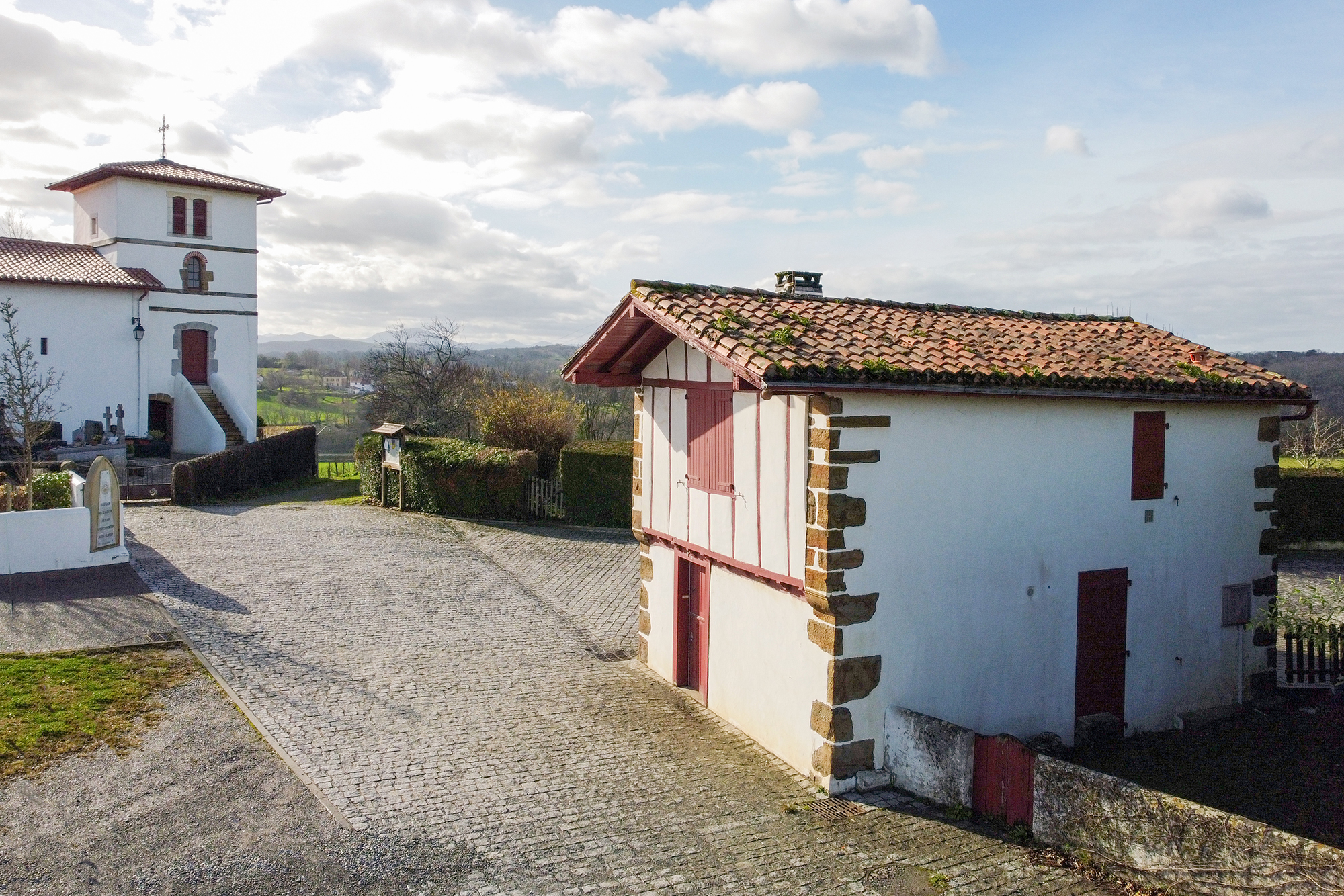They publish a book that picks up harassment of homosexuals in the Modern Age in Navarra
- The work of Javier Ruiz Astiz analyzes the judicial processes preserved in the Archivo Real y General. It states that the authorities, both civil and religious, have strongly suppressed homosexual behaviour.

Sexual transgression and sin contra natura in Navarra (16th-19th centuries) by historian Javier Ruiz Astiz The institution of the Government of Navarra Prince of Viana has edited the book. The work reports sexual behaviors that broke the order established in the Navarra of the Modern Age.
The author has analyzed in detail the so-called “sin against nature” in his two expressions: sodomy and bestialism. These cases were resolved by the Royal Courts and are currently deposited in the Archivo Real y General de Navarra. The crime of “Sodomia” had homosexual men in the spotlight of the clashes.
The monograph is structured in two parts. On the one hand, the two sexual manifestations are described and concrete practices and forms are identified, describing the places in which the crimes occurred and those in which they were involved. On the other hand, the mechanisms used to control and punish these practices are detailed: legislation, moral doctrine, sin against nature in the literature, complaints and whistleblowers, courts, defence and witnesses, torture and finally the penalties imposed (death penalty, punishment, exile, losses, imprisonment or acquittal). The investigation shows the harshness with which the civil and religious authorities have repressed both behaviors. It also highlights the “disciplinary role” that the inhabitants of different peoples of the kingdom had between the sixteenth and nineteenth centuries.
For a matter of work, I had to reread this wonderful book. A short book that brings together feminist theory, genealogy and history, and that will surely have a lot of criticism looking on the net and, surprise! I found one, which Irati Majuelo wrote in Berria.El book published... [+]
The Christian religion ended the knowledge, wisdom and self-management of witches, imposing thought and, therefore, a certain life. They were tortured, raped and killed. With the intention of moving these religious convictions to every corner of Europe, many citizens engaged in... [+]
Marfa, 1954. At Blackwell Elementary School in this Texas desert village, children were forced to participate in a peculiar ceremony. The teachers distributed pieces of paper to them and asked them to write: “I will not speak Spanish, neither at school nor at rest.” They put... [+]
China, about 1417 years old. Admiral Zheng He, a salaried explorer of Ming Dynasty emperors, said it was possible “for everyone to leave China.” By then, the Chinese colony network began to expand in the Indian Ocean, the Red Sea and Southeast Asia, so the Chinese explorer... [+]








